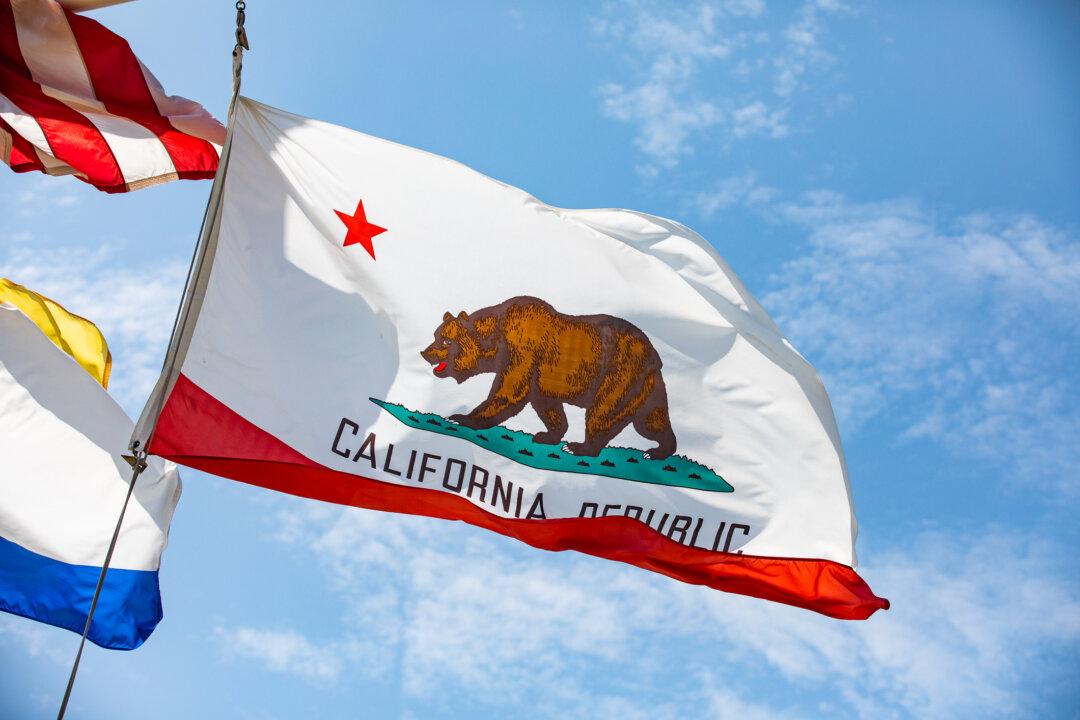“Believe it or not, California has some of the lowest rates in the United States out of any state, because of ... rate suppression,” said Chris Hebard, president of Hebard Insurance Solutions, a Northern California-based agency that offers home, auto, farm, and other net worth insurance for both personal and business use, on a recent episode of EpochTV’s “California Insider.”
While it sounds like good news for homeowners in the market for fire, property damage, and flood coverage, such a phenomenon can be a kiss of death to the state’s economy, she said.





